

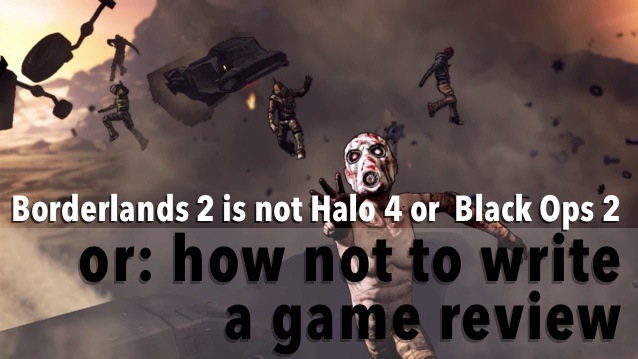
You should read this review of Borderlands 2 from The Wall Street Journal. It's a case study in the result of writing when you've little background or even marginal interest in the subject. It's a negative write up, and I don't mean to say that it's a bad read just because I disagree, but because it's clearly the result of someone accepting a gig that they aren't qualified for.
The author fills the piece with claims that he makes no attempt to back up, uses nonsensical unrelated images in the article's body and cites wikipedia for a plot summary; this last point is particularly odd, because it portrays events that were set-up narrative before the previous game began as if they unfold whilst you're playing. Most egregiously though he makes direct comparisons to features in entirely dissimilar titles with different production focus in order to suggest a fault on Gearbox's part for not including them. The game is not on par with a Call of Duty due to lacking a huge multiplayer, despite that not at all meshing with the kind of experience that it actually is; a co-op RPG with shooting mechanics.
Ideally this level of writing would be inconsequential. Amateur work would be dismissed or largely unread because it wouldn't be found in areas of high visibility, but this is featured in a huge publication. TWSJ is a voice that people concern themselves with. When an outlet with a legitimate reputation suggests that in order to justify a $60 price point all games have to include a huge multiplayer component: That's worrisome.
When they suggest that a stylized aesthetic doesn't measure up in quality to gritty realism in other shooters: That's worrisome.
When they suggest that there has to be downloadable content on day one: That's as worrisome as it is disgusting to hear.
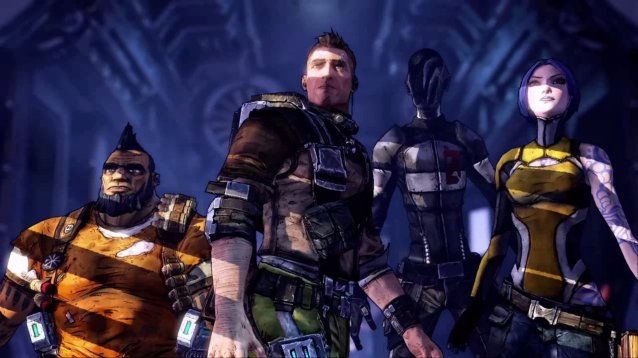
People with the power to adjust production read articles like this. Games change as a result of critical feedback. Here we have someone with enough clout to appear under the banner of a known source and share an opinion. It doesn't matter that it's nonsensical.
We could dismiss what Adam Najberg has to say because he doesn't seem to have a grounding on what makes a decent game, but that's actually the problem. His understanding is around the same level as the less enthusiastic audience that will note the existence of multiplayer on the back of a box and base a purchasing decision on it. His background with the medium isn't a factor in the usefulness of his review. To an executive, a man with opinions about how games should be made sharing them in a massive public venue is enough of a justification to change sales – especially so if they match what market research is telling them.
Tacked-on multiplayer has been featured in too many games and it hasn't made an impact on their quality. Bioshock 2 is not a better game than the first because of an extra mode. No one is playing Dark Sector nor Bionic Commando. I would even argue that Spec Ops: The Line's multiplayer is actively detrimental to complete enjoyment. Needless multiplayer, especially in a game that provides an alternative, isn't an inclusion that will automatically improve a game and will divert resources from refining a potentially excellent campaign.
The result of Adam's other assumption that the gaming audience is only interested in the grim soulless shooter has been seen most recently in the change from Insomniac's Overstrike to Fuse. When the initial title was announced it was notable because its art style was such a departure from what we regularly see in the genre; yet it's been refined into a similar appearance to everything else we're playing and now fails to provide any reason why it's noteworthy.
Uninformed and amateur reviews like this are harmful. It's excellent that there's been such a massive outcry against this work, hopefully sending a message that for as notable as this opinion can be presumed, there are hundreds of people diametrically opposed. If there's any lesson to be learned from this, it's that you should produce criticism from a place of understanding what you're reviewing, not leveling complaints based on concepts removed from the art's intent . There could be potentially disastrous consequences.
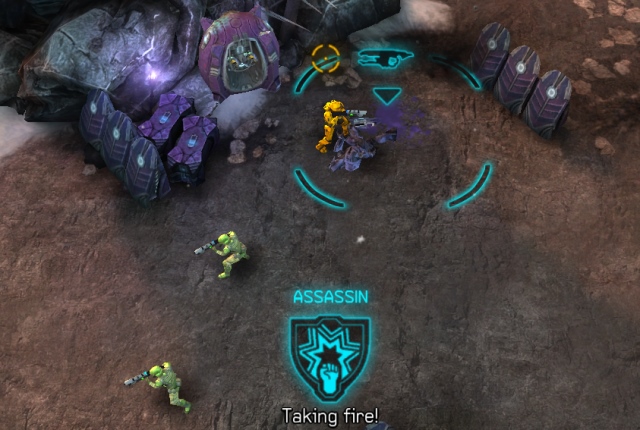


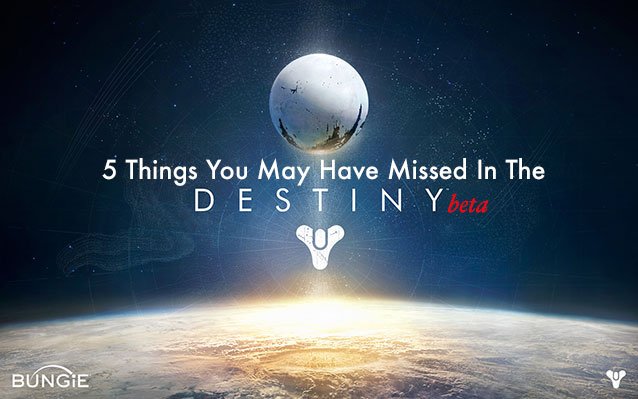
 7 Newbie Tips When Buying a Mechanical Keyboard
7 Newbie Tips When Buying a Mechanical Keyboard Elvis Presley: Here his best records 80 years after his birth
Elvis Presley: Here his best records 80 years after his birth OTF vs. TTF Fonts: Which One Is Better?
OTF vs. TTF Fonts: Which One Is Better? Assassin’s Creed 3 – Ranged Weapons Guide
Assassin’s Creed 3 – Ranged Weapons Guide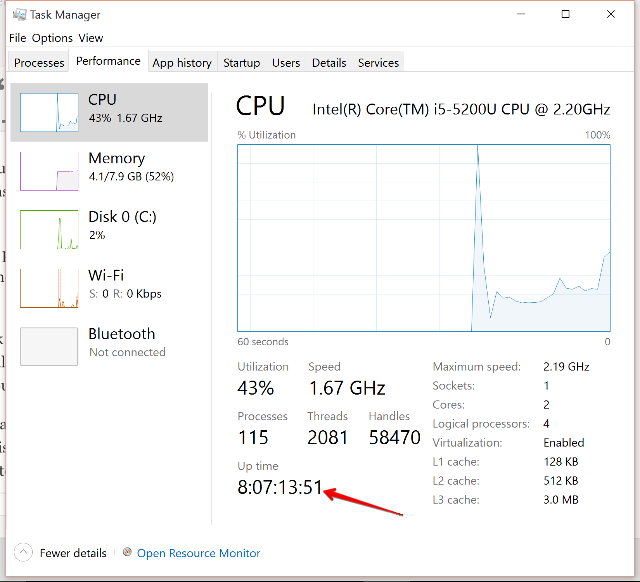 How to Quickly Find the System Uptime in Windows 10
How to Quickly Find the System Uptime in Windows 10